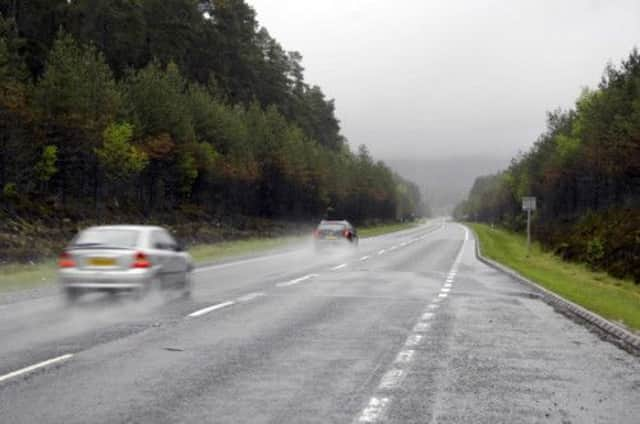Drivers asked to record roadkill for research study


The bizarre appeal has been launched by the North East Scotland Biological Records Centre as part of research to create a Mammal Atlas for Aberdeen, Aberdeenshire, Moray, and the Cairngorms National Park.
A centre spokeswoman explained: “Roadkill is unfortunately a common sight across the North east of Scotland. Records of what is seen on our local roads can help to contribute to this major project in recording the mammals of the area.
Advertisement
Hide AdAdvertisement
Hide Ad“Around one million mammals are killed on UK roads each year, according to the People’s Trust for Endangered Species. If even a fraction of roadkills were recorded it would greatly increase the coverage of the mammal atlas records being collated.”
She continued: “In a citizen science project called ‘Project Splatter’, badgers were the most recorded species of roadkill recorded on UK roads in 2013 so far, followed by foxes and rabbits.
“Hedgehogs are another common sight at the side of our roads but numbers of the UK’s only spiny mammal are falling to dangerously low levels. For these reasons all mammal records are important, even those of roadkill.”
Drivers are being asked to record what type of mammal they have seen lying dead on the roadside, and where and when the roadkill was spotted. They can send pictures to the centre if they are unsure what the mammal is.”
Glenn Roberts, the NESBReC manager, said: “By sending in records of roadkill, as well as contributing to the Mammal Atlas, people can help to identify where there may be hotspots or issues with particular species. This information can then be used by local councils to implement mechanisms to reduce wildlife deaths.”
Councillor Isobel Davidson, the chair of Aberdeenshire Council’s Education, Learning and Leisure Committee, said: “Nobody likes to see roadkill at the side of the road, but if recording what you see can help the Mammal Atlas, that has to be a good thing. This is a great opportunity for everyone who uses the north-east roads to take part in what will be a significant study for this area.”
Find out more about the Mammal Atlas at www.nesbrec.org.uk